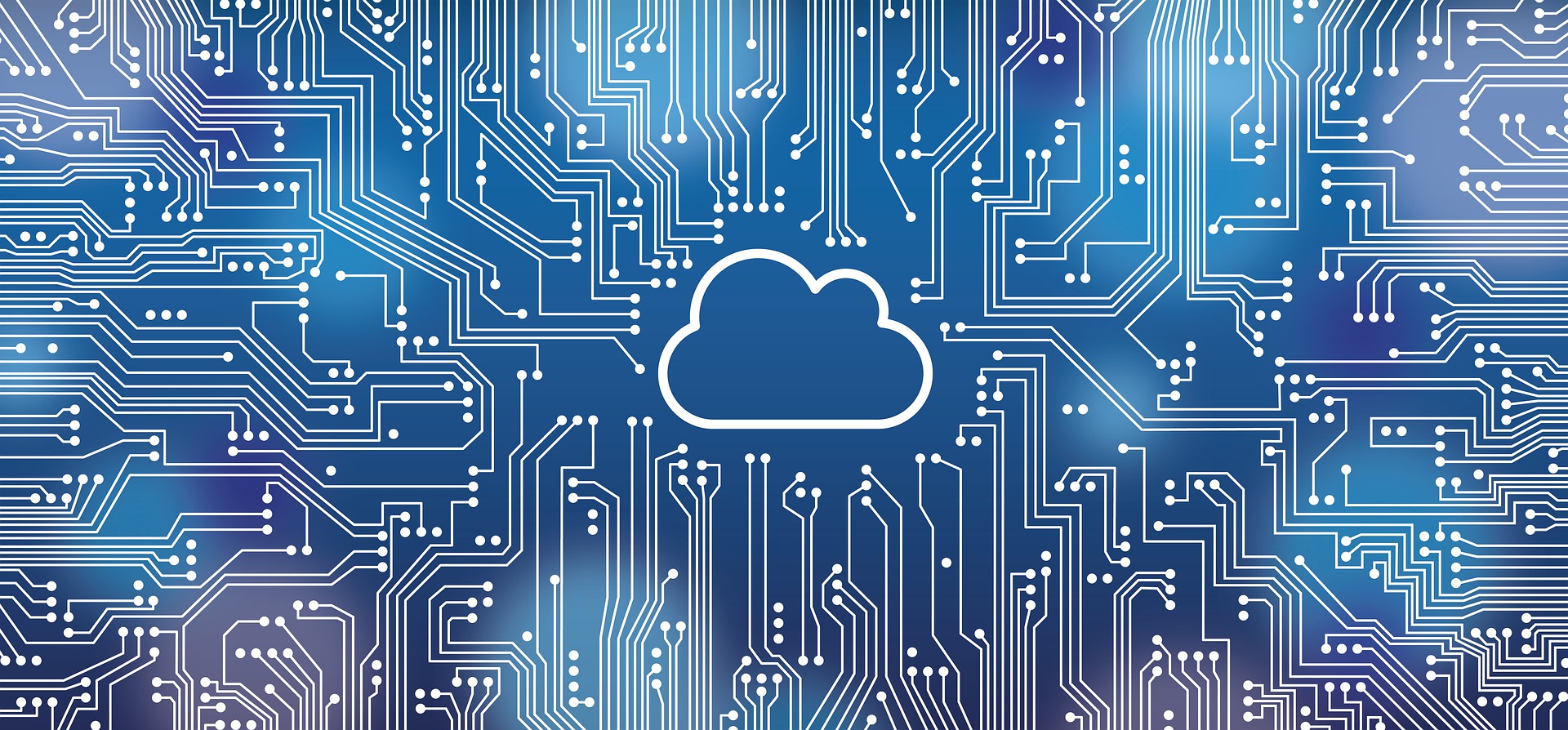
Cloud Computing in Healthcare: Transforming Patient Care and Data Management
A breakthrough technology that is reshaping several sectors and simplifying operations is cloud computing. Cloud computing has completely changed the healthcare industry’s patient care and data management. In this post, we’ll look at how cloud computing is changing the face of healthcare and better patient outcomes, data accessibility, and security.
- Improved Access to Medical Information:
The ability to provide easy access to medical information is one of the cloud computing system’s most important benefits for the healthcare industry. Healthcare practitioners may securely access patient data anytime, anyplace, using cloud-based Electronic Health Records (EHR) systems. This accessibility simplifies patient treatment, promotes professional teamwork, and lowers the possibility of medical mistakes brought on by insufficient information.
- Telemedicine and Remote Patient Monitoring:
Cloud computing has made the broad use of telemedicine and remote patient monitoring technologies possible. Now that patients may communicate virtually with medical experts, even from a distance, access to treatment is increased, and expenses are decreased. Remote patient monitoring devices provide real-time health data to the cloud, enabling doctors to monitor chronic illnesses and act quickly to improve patient outcomes.
- Scalability and Flexibility:
The needs for data processing and storage often fluctuate for healthcare organizations. Healthcare providers can scale up or down their resources as necessary, thanks to the unequaled flexibility and scalability of cloud computing. Because of its scalability, hospitals, and clinics can effectively handle high data volumes, especially during busy periods or while introducing new services.
- Enhanced Data Security and Compliance:
Data security and patient privacy are of vital significance. Cloud service providers invest in cutting-edge security features to protect sensitive patient data, including encryption, access limits, and multi-factor authentication. The HIPAA (Health Insurance Portability and Accountability Act) and other industry rules are also followed by cloud compliance frameworks, guaranteeing that healthcare providers continue to comply with data protection legislation.
- Cost-Effectiveness:
Healthcare organizations can use cloud computing as a more affordable alternative to traditional IT infrastructure. Healthcare organizations can spend less on hardware and upkeep by utilizing cloud-based services. Pay-as-you-go cloud solutions enable healthcare providers to only pay for the resources they use, making them financially feasible for businesses of all sizes.
- Accelerating Medical Research and Innovation:
Large-scale medical data can now be stored and analyzed thanks to cloud computing, essential for healthcare-related research and innovation. To conduct clinical trials, identify disease patterns, and create individualized therapies, researchers can access anonymized records from the cloud. This data-driven methodology promotes international scientific collaboration and speeds up medical discoveries.
- Disaster Recovery and Business Continuity:
Healthcare organizations are responsible for providing ongoing access to vital patient data. The danger of data loss during natural disasters or cyberattacks is reduced by the redundant storage and automatic backup processes provided by cloud-based disaster recovery systems. Healthcare providers may quickly recover operations and carry on providing patients with high-quality treatment thanks to cloud-based backup.
Patient care and data management have been transformed by cloud computing, which has shown to be a disruptive force in the healthcare industry. Cloud-based solutions are becoming crucial resources for healthcare organizations thanks to developments in telemedicine, better access to medical information, and data security. Cloud computing is anticipated to play an ever bigger role as technology develops in promoting medical research, enhancing personalized therapies, and eventually improving patient outcomes globally. Healthcare providers must be vigilant in protecting patient data’s security and privacy, as it continues to be the cornerstone of reliable healthcare practices in the digital era, even as they embrace new advancements.













